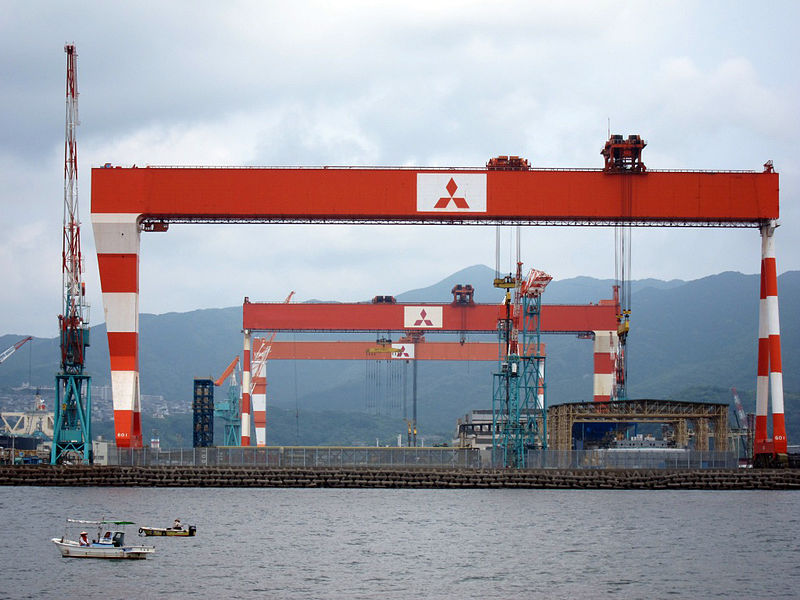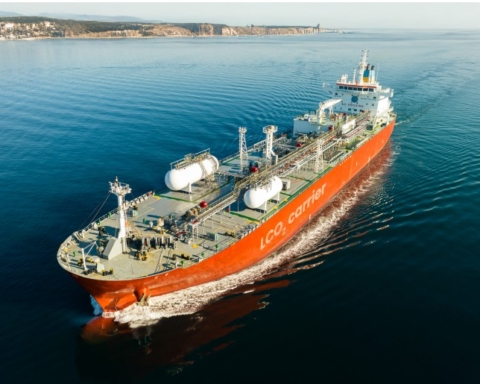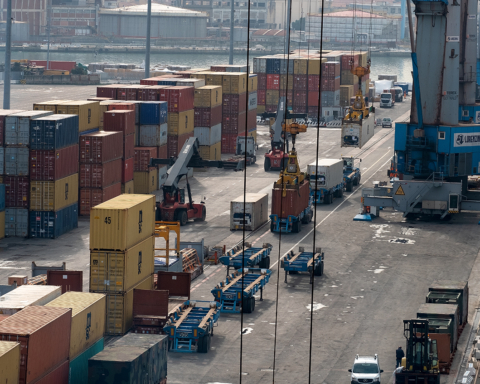MITSUBISHI Shipbuilding is paving the way for a green fuel future. The shipbuilding company, part of the Mitsubishi Heavy Industries group, has announced that it has completed a project to convert gas tankers currently running on LPG to ammonia.
The Japanese shipbuilder was granted approval in principle for the project from the Japanese classification society ClassNK.
Ammonia is expected to come into wider use in the future as a steady and clean source of energy. Since it does not emit carbon dioxide during combustion, it could contribute significantly to reducing greenhouse gas emissions in the shipping industry.
Mitsubishi Shipbuilding’s new VLGCs, in addition to using LPG fuel as an alternative to the conventionally used heavy oil, can also carry ammonia as cargo.
As part of the energy transition strategy promoted by the MHI Group, Mitsubishi Shipbuilding has developed a growth strategy called ‘MARINE FUTURE STREAM’.
The strategy focuses on two main objectives: ‘decarbonization of the maritime economy’ through the use of renewable energy and carbon recycling, and ‘a secure future for society’ through autonomous operation and electrification.
The company is hoping to achieve these goals through devising and applying maritime-related innovations. In a press release Mitsubishi Shipbuilding announced that moving forward, as a marine systems integrator, it intends to continue to promote decarbonization in the maritime industry and dedicate its resources to achieving carbon neutrality as a way to help reduce environmental burdens on a global scale.
Translation by Giles Foster




